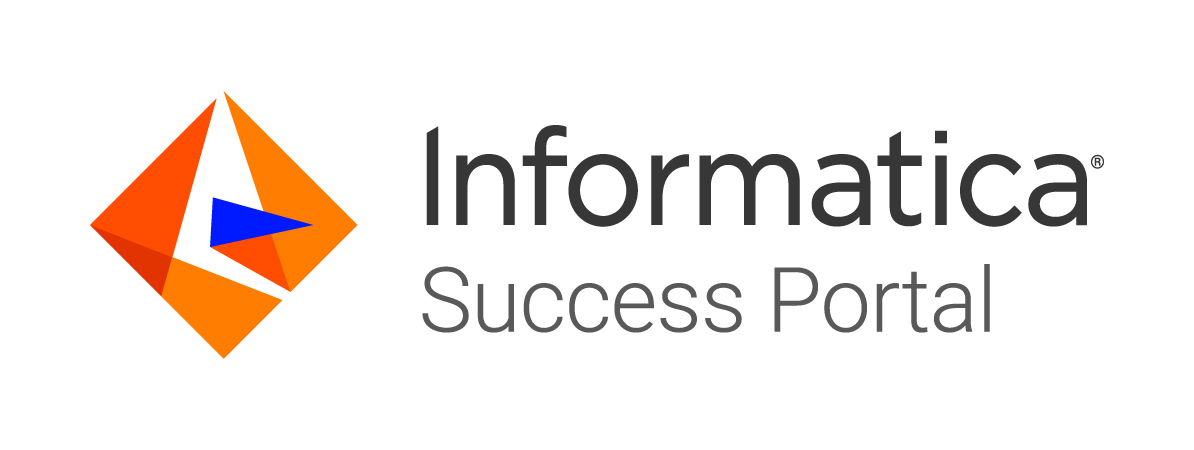Monitor is used to learn how to view and monitor jobs, imports, and exports running in your Intelligent Data Management Cloud (IDMC). Monitor also contains information about monitoring at-scale clusters, source control actions, and downloading log files to troubleshoot errors.

Stay informed about upcoming expert-led webinars to deepen your knowledge of cloud data integration and engineering, helping you optimize and leverage your data assets effectively - View upcoming webinars

Functional Use-Case
Data enrichment to boost your MDM data leveraging the Enrichment and Validation Orchestrator and MDM objective groups
 Feb 03, 2026
Feb 03, 2026
 8:00 AM PT
8:00 AM PT


Product Overview
Manage IICS Environment Effectively Using Assurance Service
 Jun 04, 2024
Jun 04, 2024
 8:00 AM PT
8:00 AM PT

Best Practices
Release Readiness and Communication Channels for IDMC Platform Activities – May 2024
 May 21, 2024
May 21, 2024
 8:00 AM PT
8:00 AM PT

Functional Use-Case
Enabling Self-Service Analytics Using IDMC Platform: CDMP, CDGC, CDQ - Part 2
 Apr 30, 2024
Apr 30, 2024
 8:00 AM PT
8:00 AM PT

Best Practices
Unlock the Power of Informatica Cloud: FAQs, Use-cases, and Best Practices
 Apr 23, 2024
Apr 23, 2024
 8:00 AM PT
8:00 AM PT


Product Feature
Accelerate your Analytics Journey on Snowflake with Informatica Superpipe
 Apr 09, 2024
Apr 09, 2024
 8:00 AM PT
8:00 AM PT

Functional Use-Case
Custom Workflows in CDGC and UI Personalization with Custom Layouts
 Mar 26, 2024
Mar 26, 2024
 8:00 AM PT
8:00 AM PT







